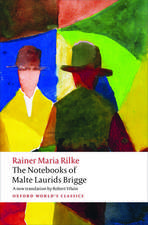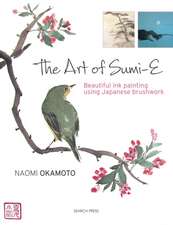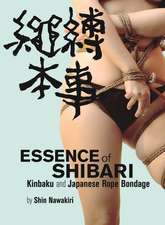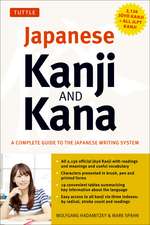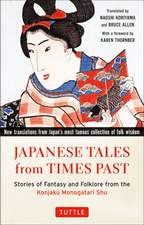Japanese Death Poems: Written by Zen Monks and Haiku Poets on the Verge of Death
Yoel Hoffmannen Limba Engleză Paperback – 3 apr 2018
"A wonderful introduction the Japanese tradition of jisei, this volume is crammed with exquisite, spontaneous verse and pithy, often hilarious, descriptions of the eccentric and committed monastics who wrote the poems." —Tricycle: The Buddhist Review
Although the consciousness of death is, in most cultures, very much a part of life, this is perhaps nowhere more true than in Japan, where the approach of death has given rise to a centuries-old tradition of writing jisei, or the "death poem." Such a poem is often written in the very last moments of the poet's life.
Hundreds of Japanese death poems, many with a commentary describing the circumstances of the poet's death, have been translated into English here, the vast majority of them for the first time. Compiler Yoel Hoffmann explores the attitudes and customs surrounding death in historical and present-day Japan and gives examples of how these have been reflected in the nation's literature in general. The development of writing jisei is then examined—from the longing poems of the early nobility and the more "masculine" verses of the samurai to the satirical death poems of later centuries.
Zen Buddhist ideas about death are also described as a preface to the collection of Chinese death poems by Zen monks that are also included. Finally, the last section contains three hundred twenty haiku, some of which have never been assembled before, in translated English and romanized Japanese.
Although the consciousness of death is, in most cultures, very much a part of life, this is perhaps nowhere more true than in Japan, where the approach of death has given rise to a centuries-old tradition of writing jisei, or the "death poem." Such a poem is often written in the very last moments of the poet's life.
Hundreds of Japanese death poems, many with a commentary describing the circumstances of the poet's death, have been translated into English here, the vast majority of them for the first time. Compiler Yoel Hoffmann explores the attitudes and customs surrounding death in historical and present-day Japan and gives examples of how these have been reflected in the nation's literature in general. The development of writing jisei is then examined—from the longing poems of the early nobility and the more "masculine" verses of the samurai to the satirical death poems of later centuries.
Zen Buddhist ideas about death are also described as a preface to the collection of Chinese death poems by Zen monks that are also included. Finally, the last section contains three hundred twenty haiku, some of which have never been assembled before, in translated English and romanized Japanese.
Preț: 70.33 lei
Preț vechi: 83.18 lei
-15% Nou
Puncte Express: 105
Preț estimativ în valută:
13.46€ • 14.05$ • 11.14£
13.46€ • 14.05$ • 11.14£
Carte disponibilă
Livrare economică 15-22 martie
Livrare express 01-07 martie pentru 36.84 lei
Preluare comenzi: 021 569.72.76
Specificații
ISBN-13: 9784805314432
ISBN-10: 4805314435
Pagini: 368
Ilustrații: 320 poems
Dimensiuni: 127 x 178 x 23 mm
Greutate: 0.34 kg
Editura: Tuttle Publishing
Colecția Tuttle Publishing
ISBN-10: 4805314435
Pagini: 368
Ilustrații: 320 poems
Dimensiuni: 127 x 178 x 23 mm
Greutate: 0.34 kg
Editura: Tuttle Publishing
Colecția Tuttle Publishing
Recenzii
"It's really just a phenomenal window into an aspect of Japanese culture that I had no exposure to." — Tim Ferris, The Tim Ferris Show
Featured in the New York Times style magazine gift guide
"There is something so otherworldly and beautiful about Japanese poetry, but especially Japanese poetry about death…poetry and prose regarding death, dreams, and memories have an extra weight and heft to them, whilst still being able to maintain an ethereal, dreamy, nostalgic, cozy warm delivery in their thematic idea exploration." —Traveling Book Nerds
Notă biografică
Professor Yoel Hoffmann has written several books on Buddhism and comparative philosophy, including The Sound of the One Hand, Radical Zen: the Sayings of Joshu, and The Idea of Self-East and West.




